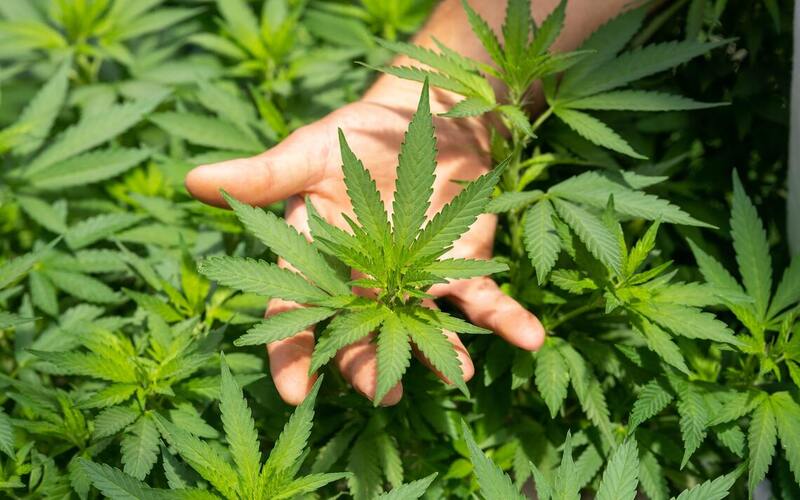cannabis first nations, Cannabis Industry, cannabis legalization, International, international cannabis, new
Saskatchewan Government Files First Nations Cannabis Authority Legislation
The emerging cannabis industry has the potential to transform communities and boost opportunities for those that live where cannabis commerce is permitted.
A report from earlier this year by Deloitte highlighted just how much the legal cannabis industry has helped communities in Canada.
One of the major takeaways from the analysis is that the legal cannabis industry in Canada had created roughly 151,000 jobs as of the report’s publishing.
In addition to generating new jobs across the country, the emerging legal cannabis industry was responsible for generating over $15 billion since legal adult-use sales launched in late 2018.
The overall economic boost from Canada’s legalized industry is substantial. Deloitte estimated that the legal cannabis industry in Canada had contributed over $43.5 billion to the nation’s GDP since the start of legalization as of February.
Cannabis companies have directly invested roughly $4.4 billion into Canada’s economy, with the remaining boost to GDP coming from “indirect” economic contributions, and “induced” contributions according to Deloitte.
First Nations in Canada are progressively getting more involved in the emerging cannabis industry, and in Saskatchewan specifically, lawmakers are pushing for First Nations to be able to self-govern and self-regulate the cannabis industry on-reserve.
Below is more information about it via a news release form the government of Saskatchewan:
Today, the Government of Saskatchewan introduced two pieces of legislation that lay the groundwork for increased First Nations self-governance.
The Summary Offences Procedure Amendment Act, 2022 will provide a legal framework that First Nations communities can use to enforce laws and bylaws on reserve.
“The Government of Saskatchewan is proud to take this important step as part of our ongoing work with the Muskoday and Whitecap Dakota First Nations,” Justice Minister and Attorney General Bronwyn Eyre said.
“These amendments will allow these and other First Nations communities in the future to use the more simplified summary offences procedure, instead of the long-form process under the federal Criminal Code, to issue tickets and fines such as those issued for traffic violations and other provincial offences.”
These amendments follow a Memorandum of Understanding that was signed by the Government of Saskatchewan, Muskoday First Nation and Whitecap Dakota First Nation on October 18, 2019, to address longstanding issues around the enforcement of First Nations’ laws.
“First Nations assert their jurisdiction and maintain community safety by creating laws under the Indian Act, land codes, and other federal legislation but there have been difficulties in enforcing these laws in the courts,” Chief of Whitecap Dakota First Nation Darcy Bear said.
Source link

